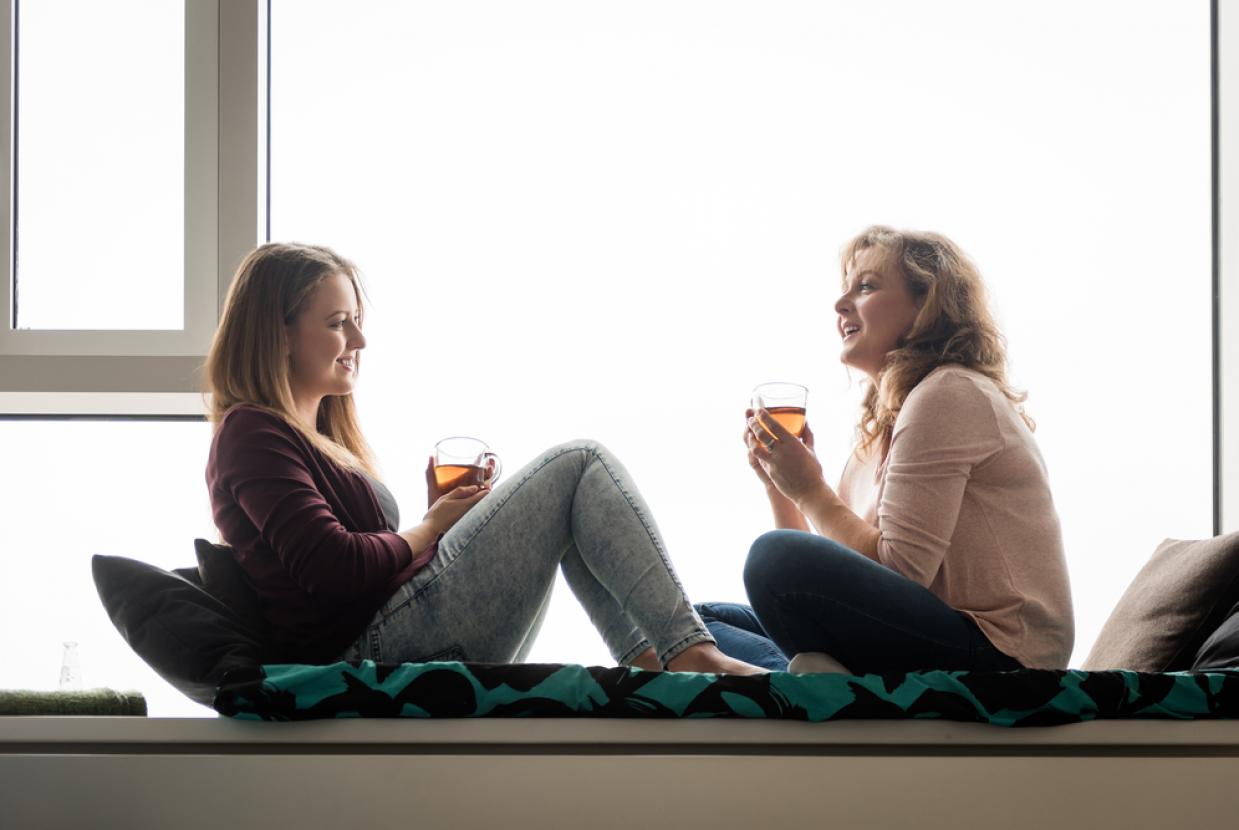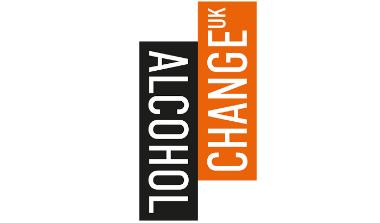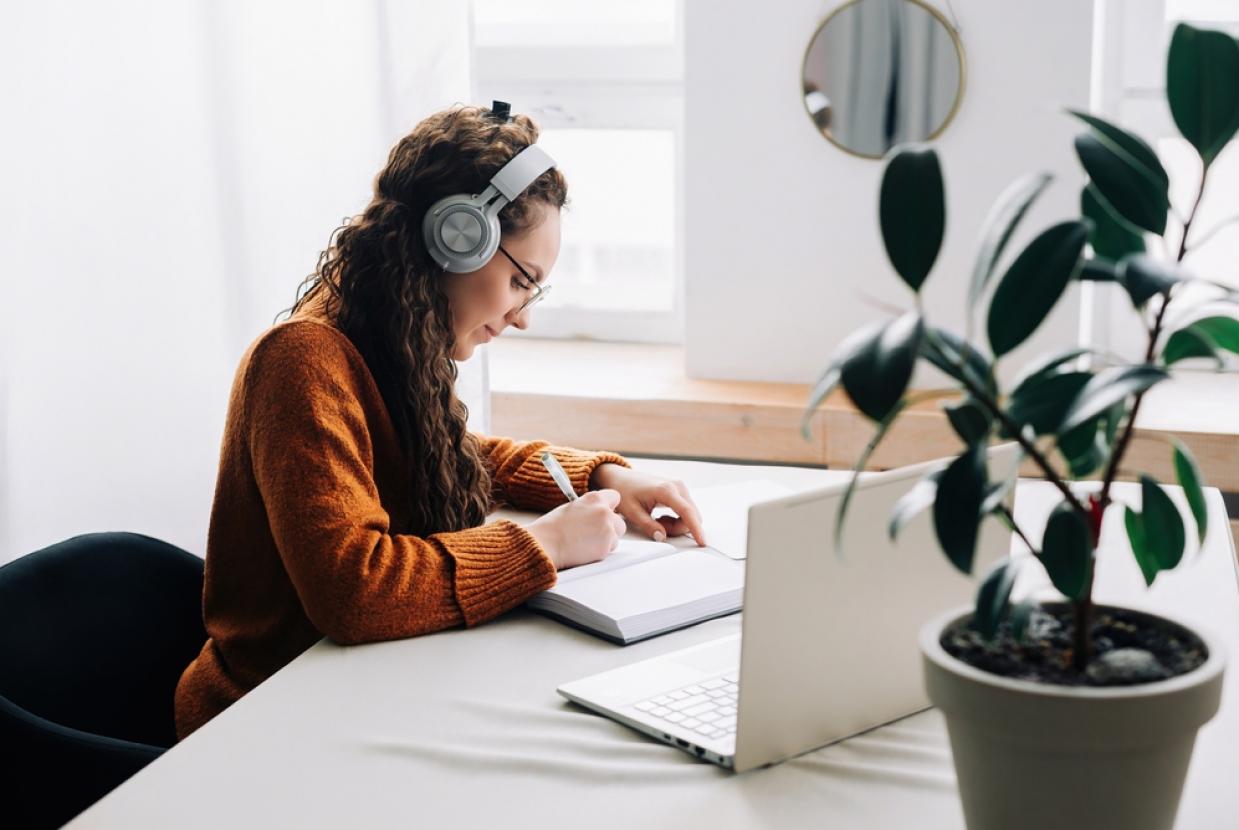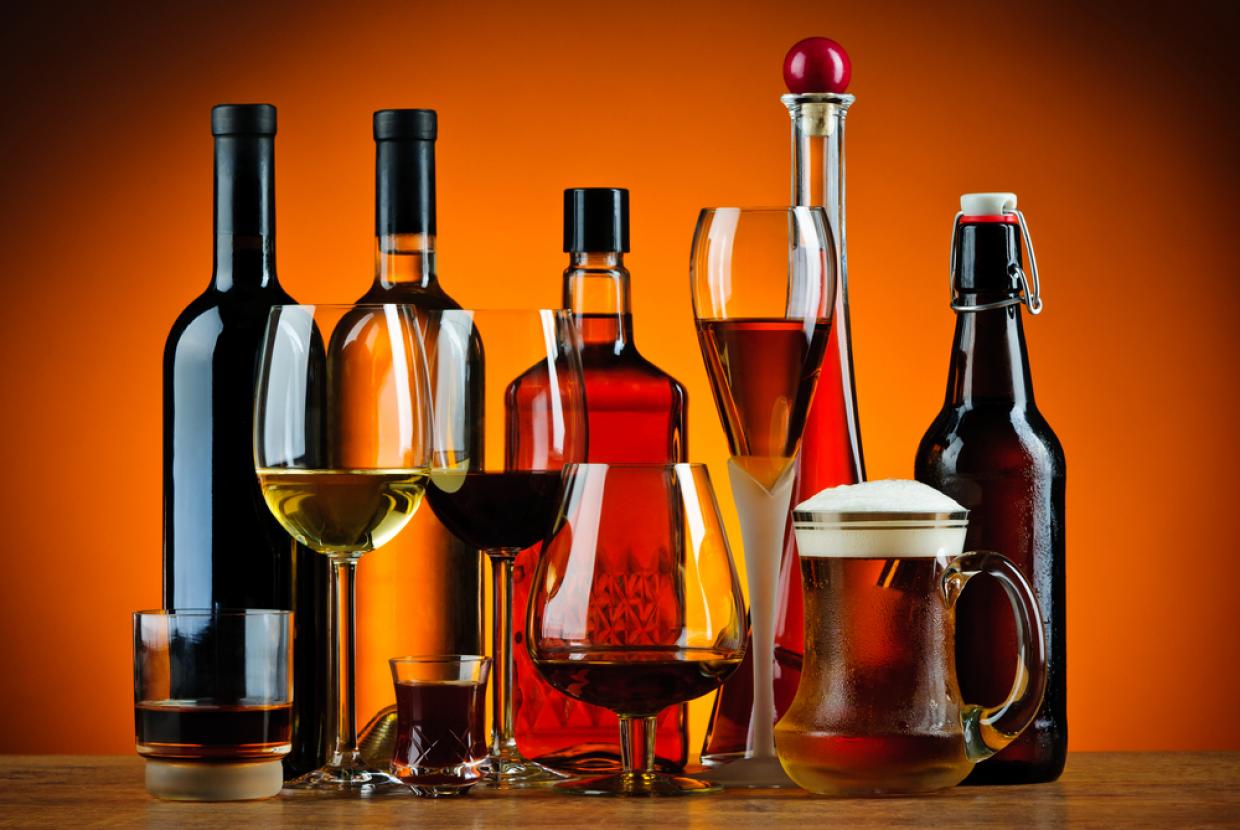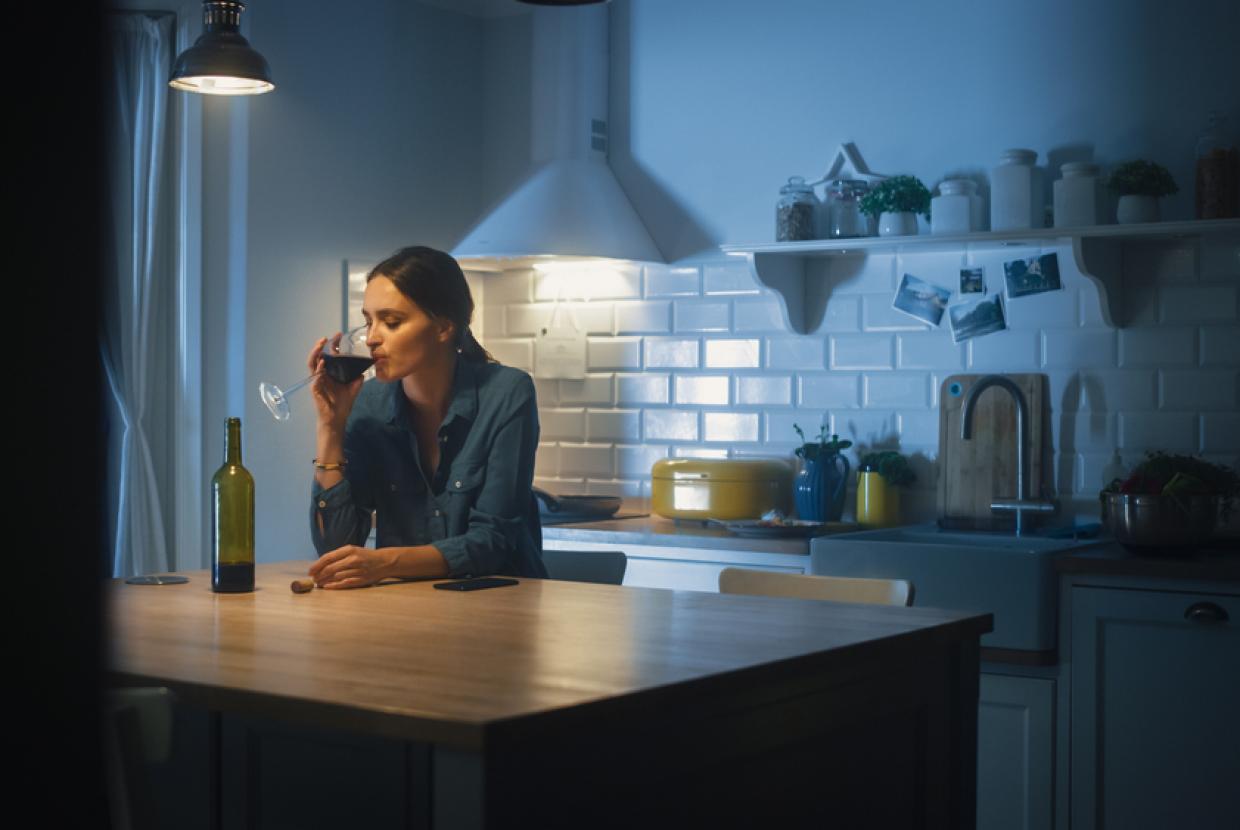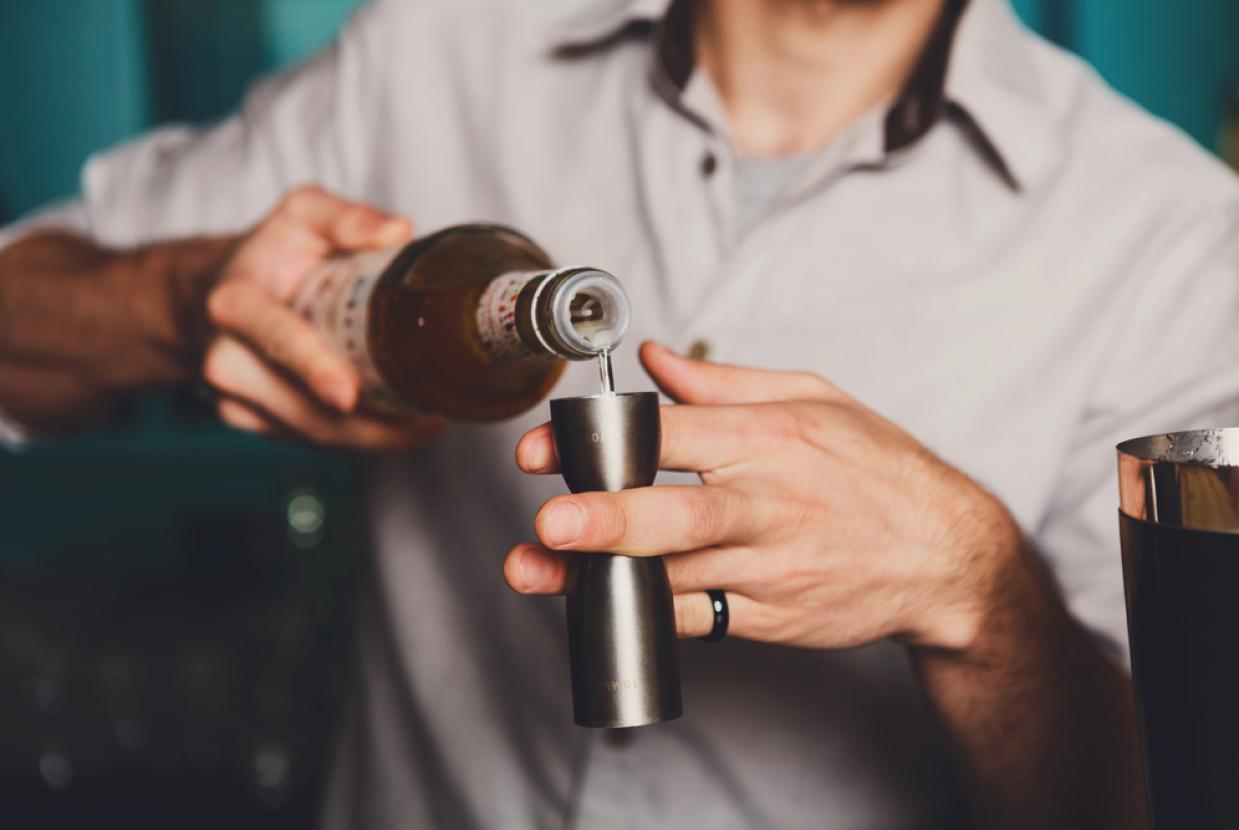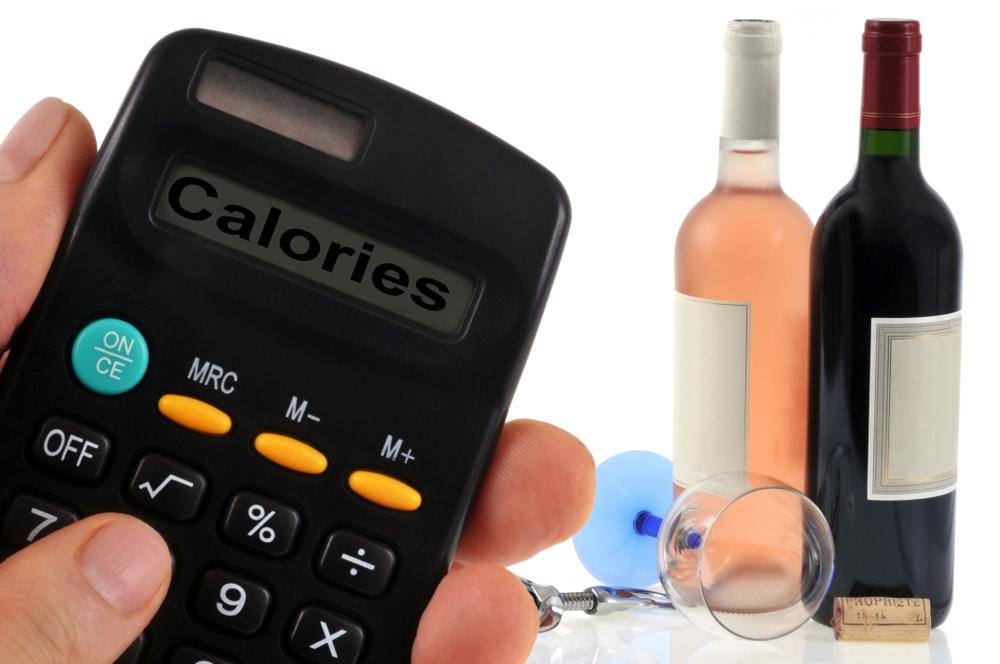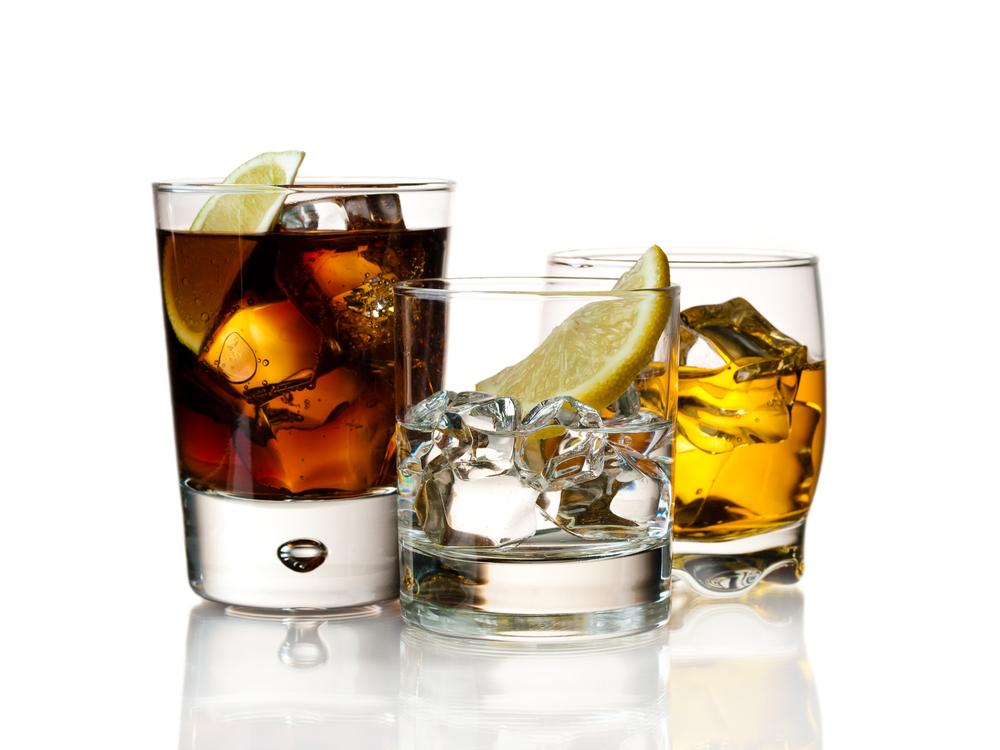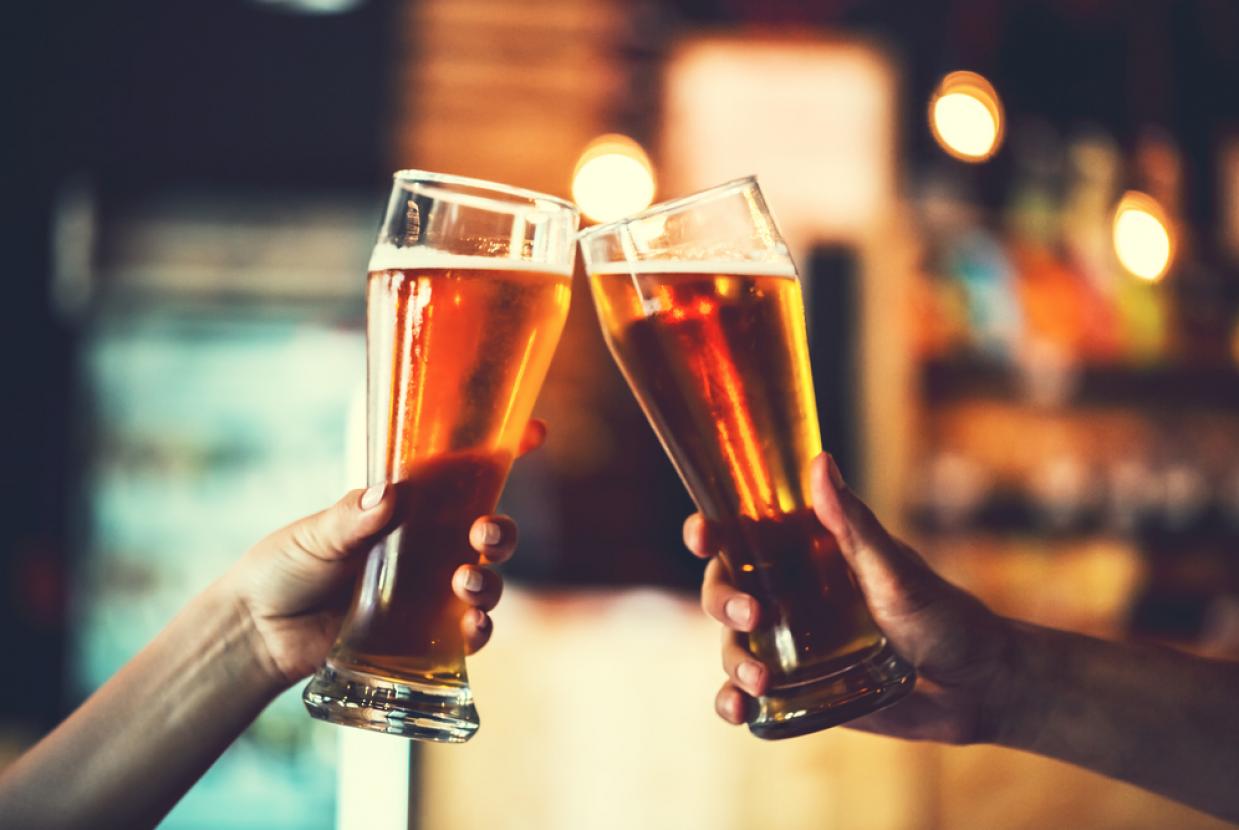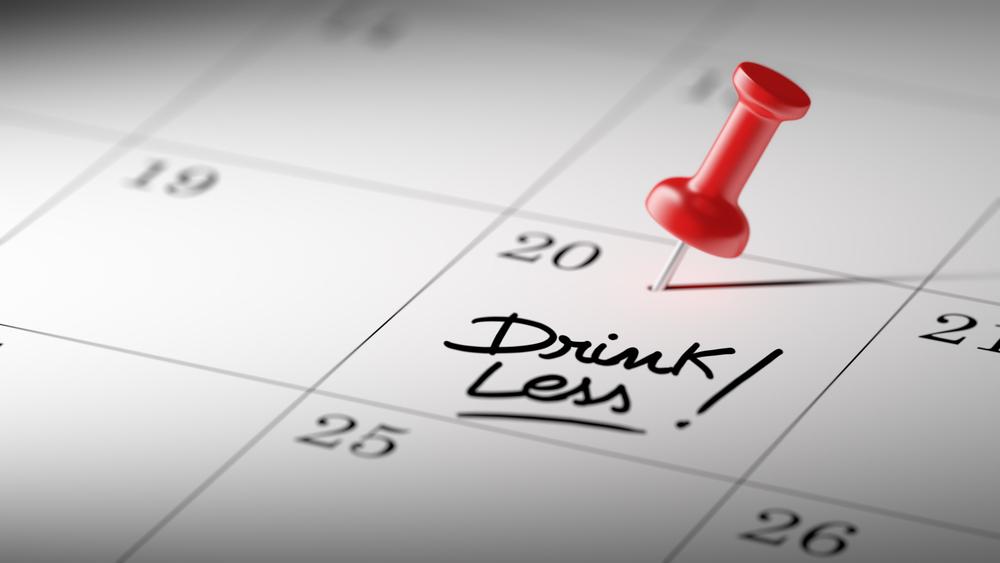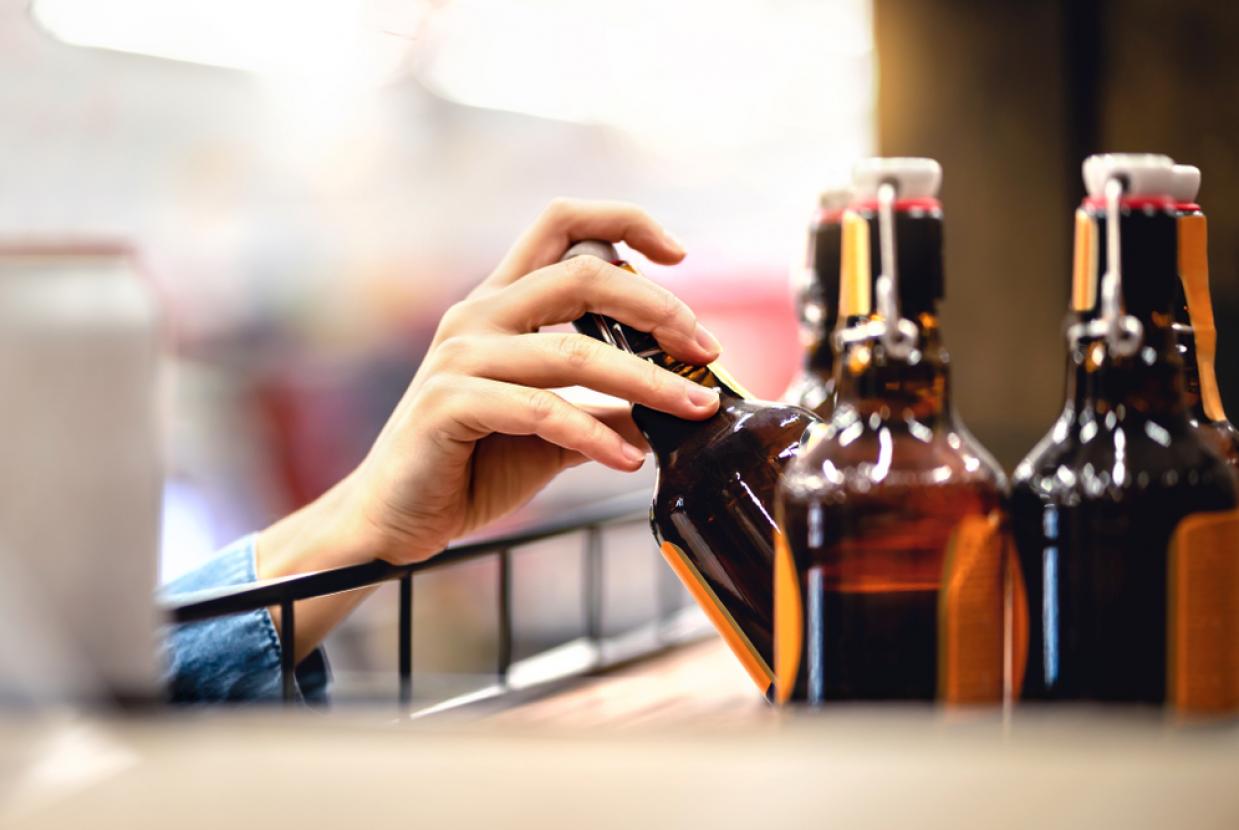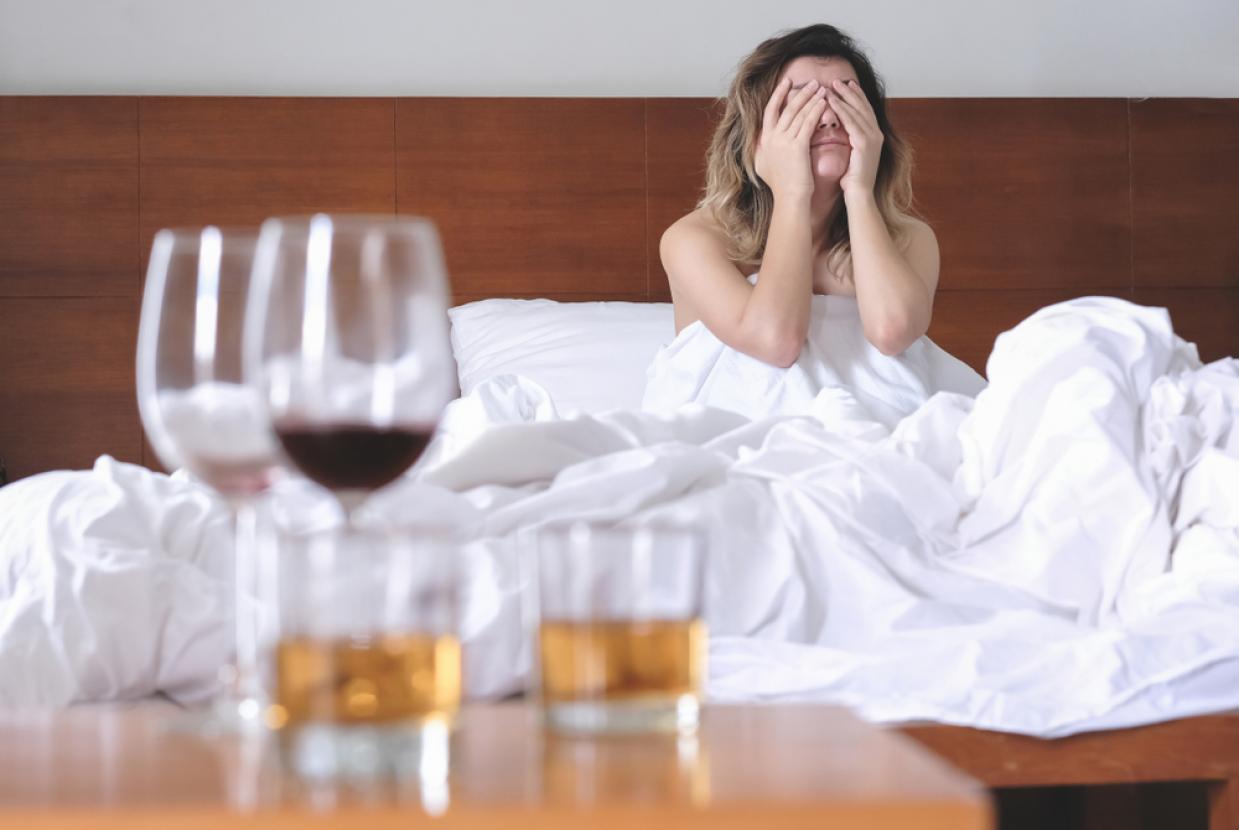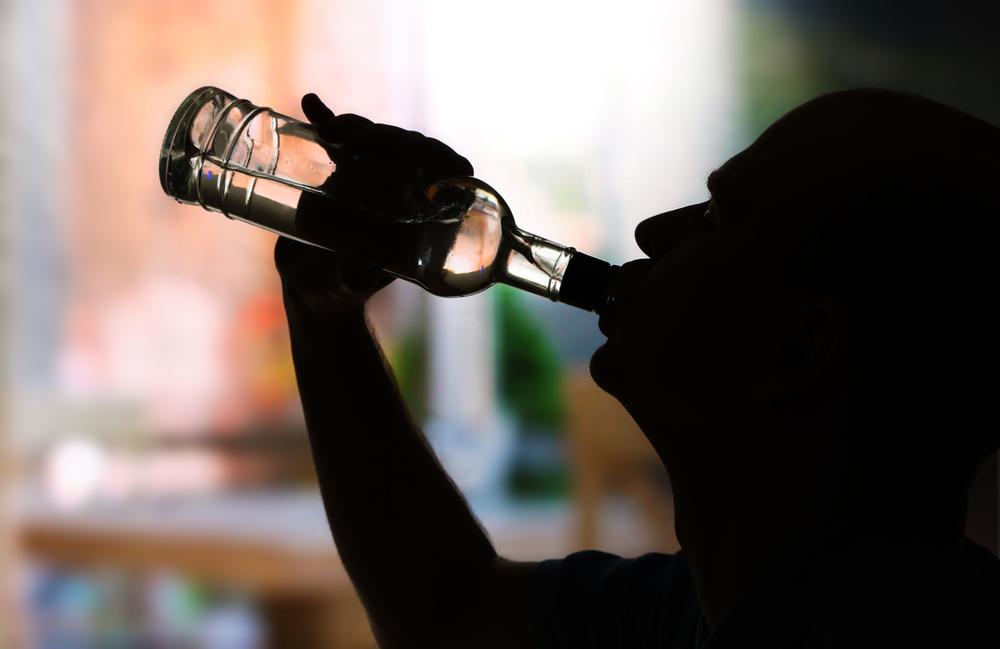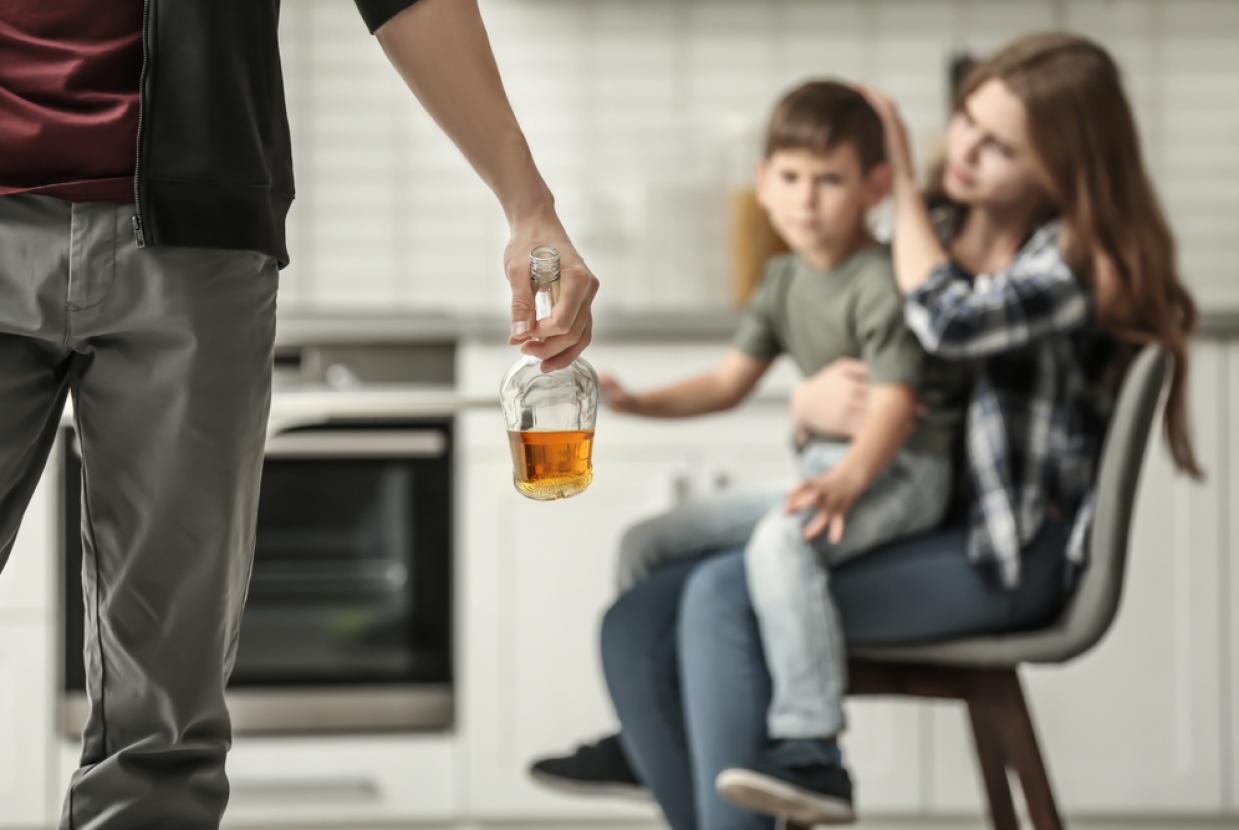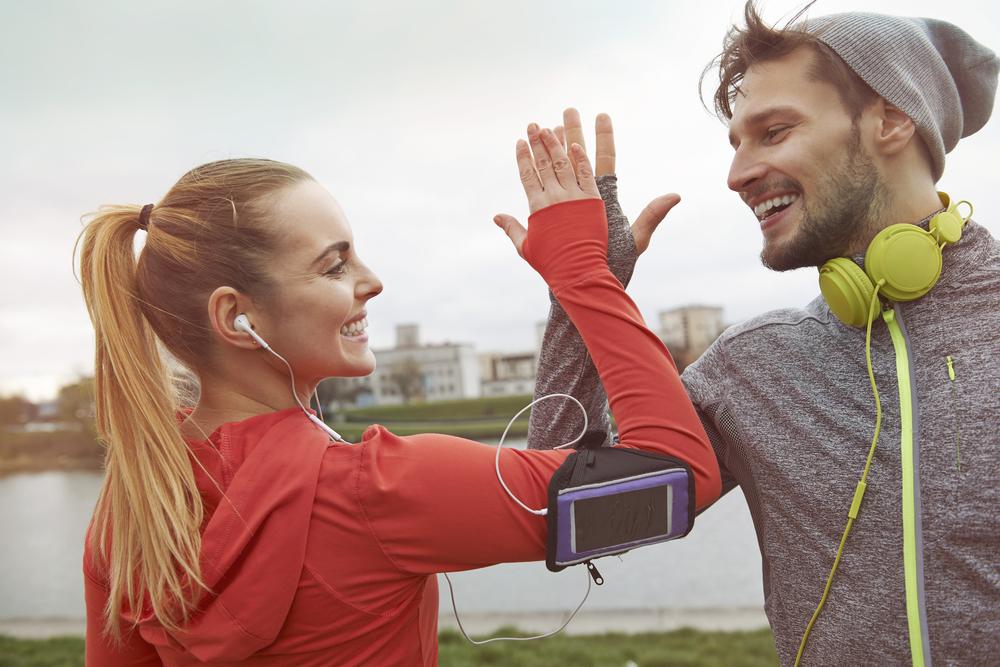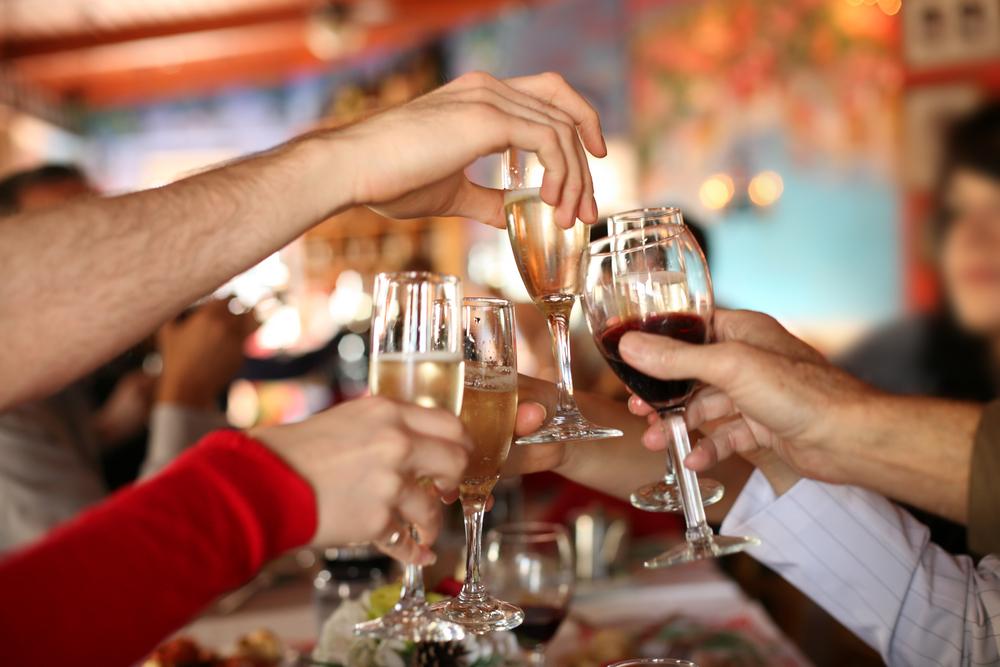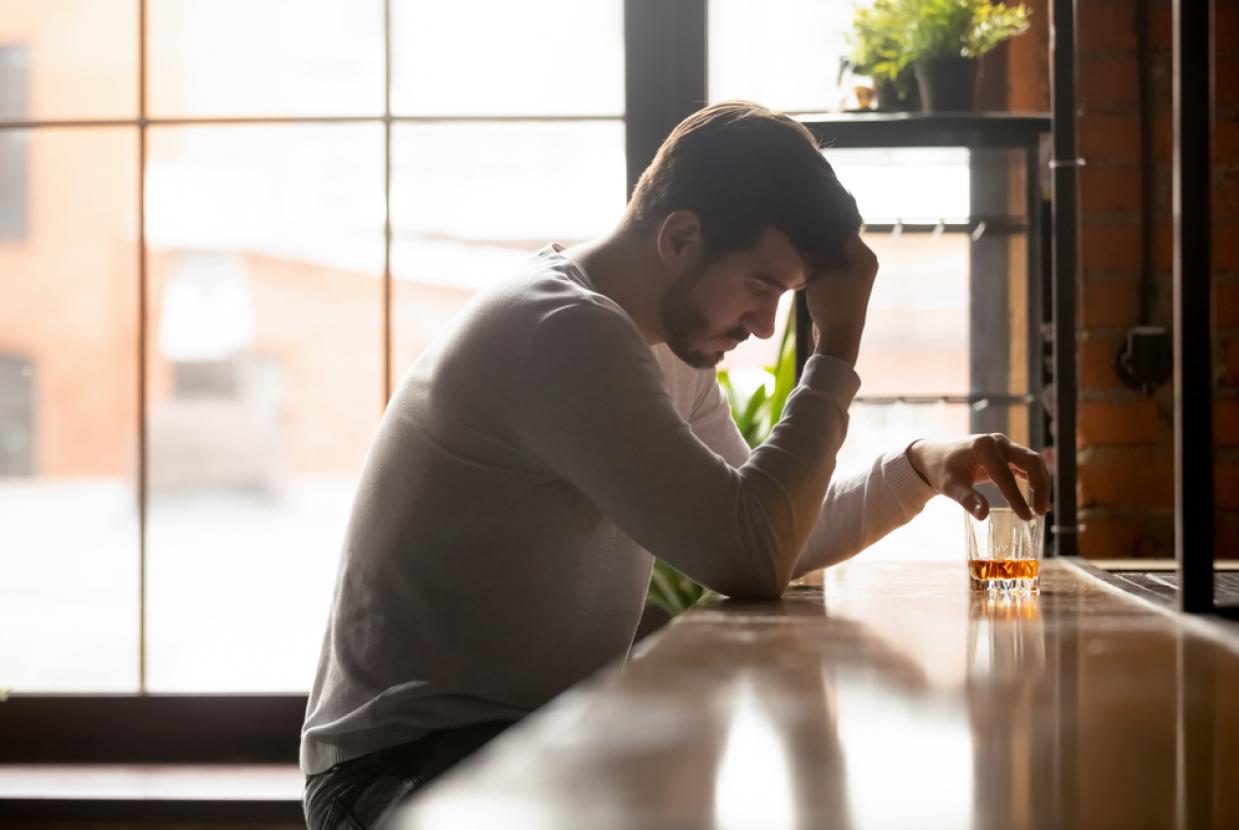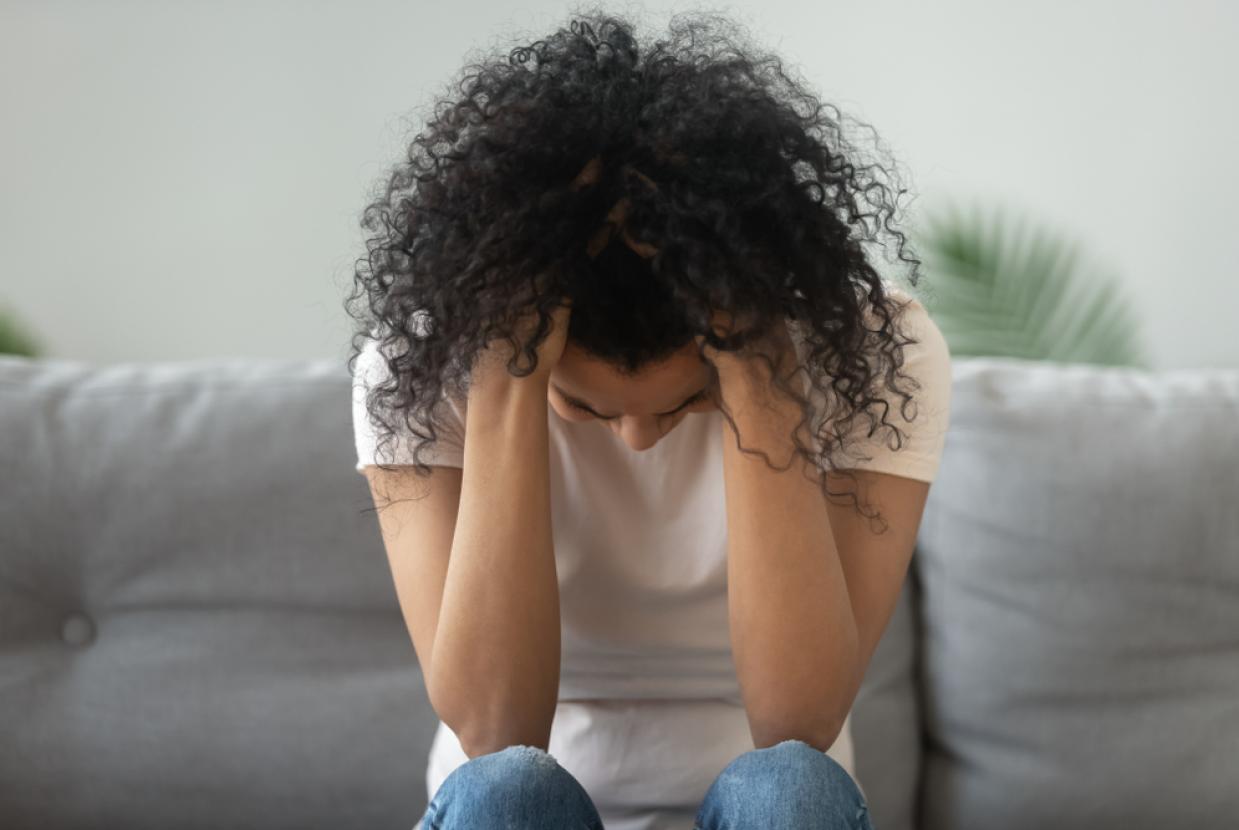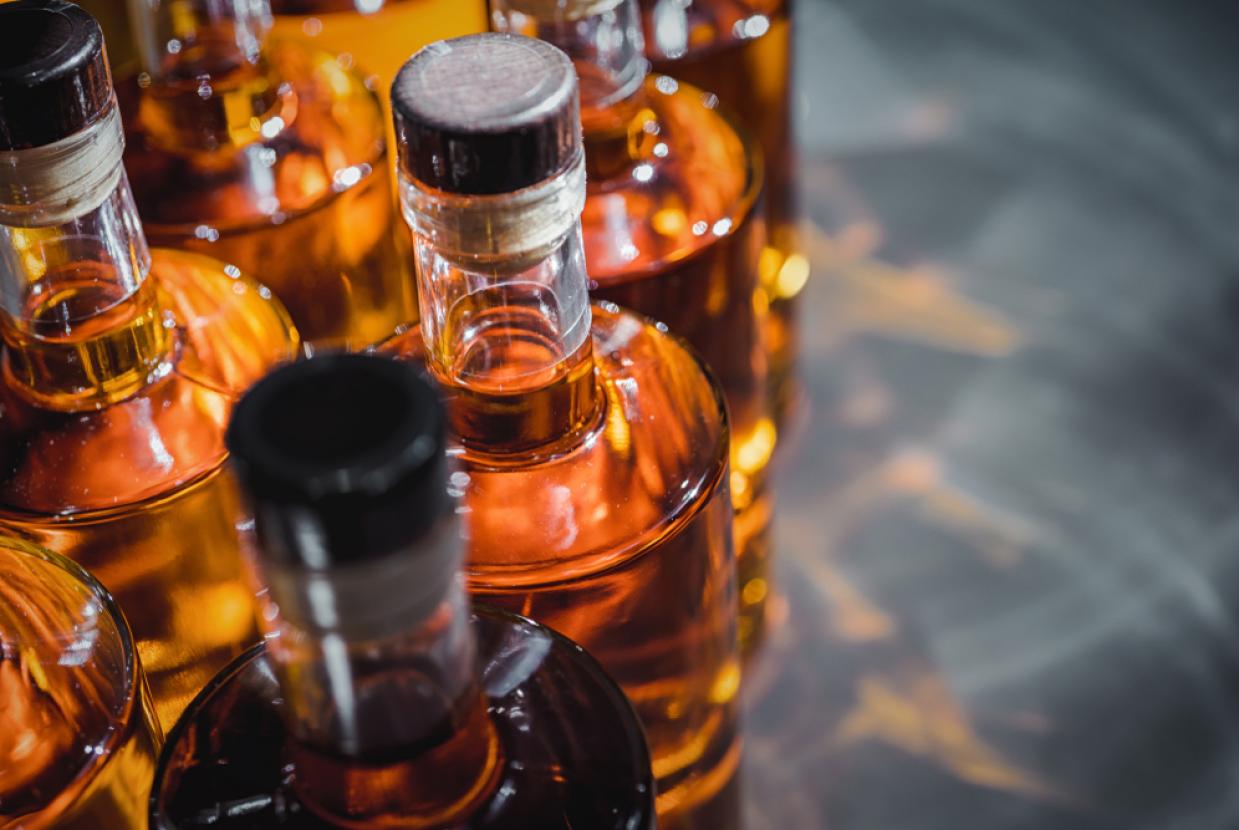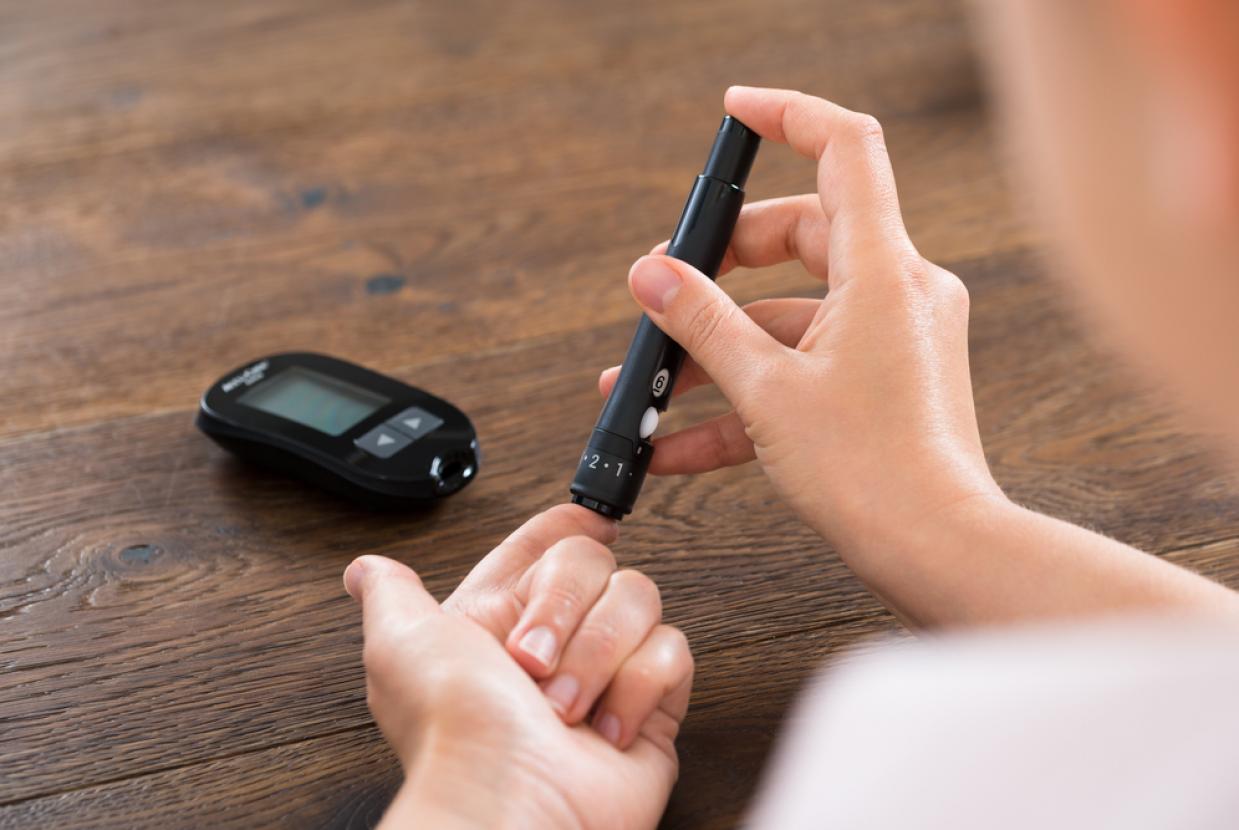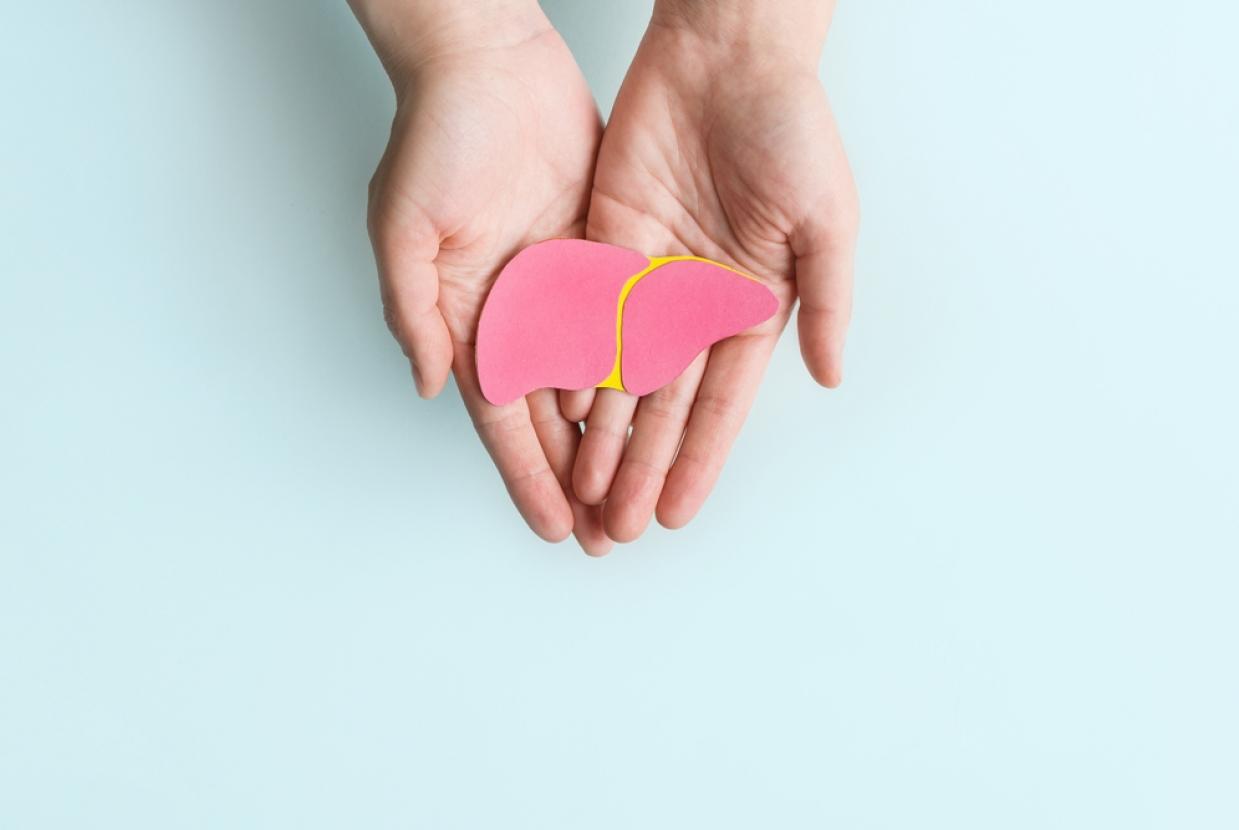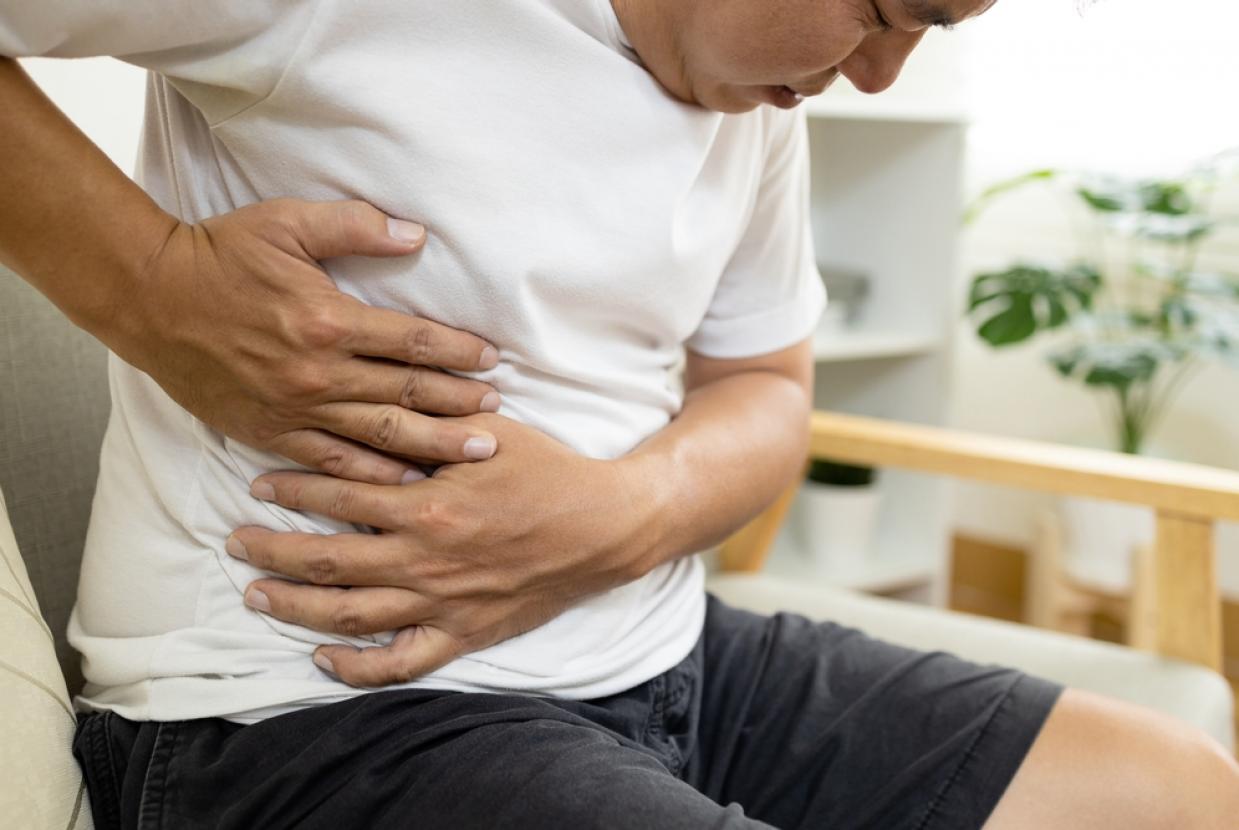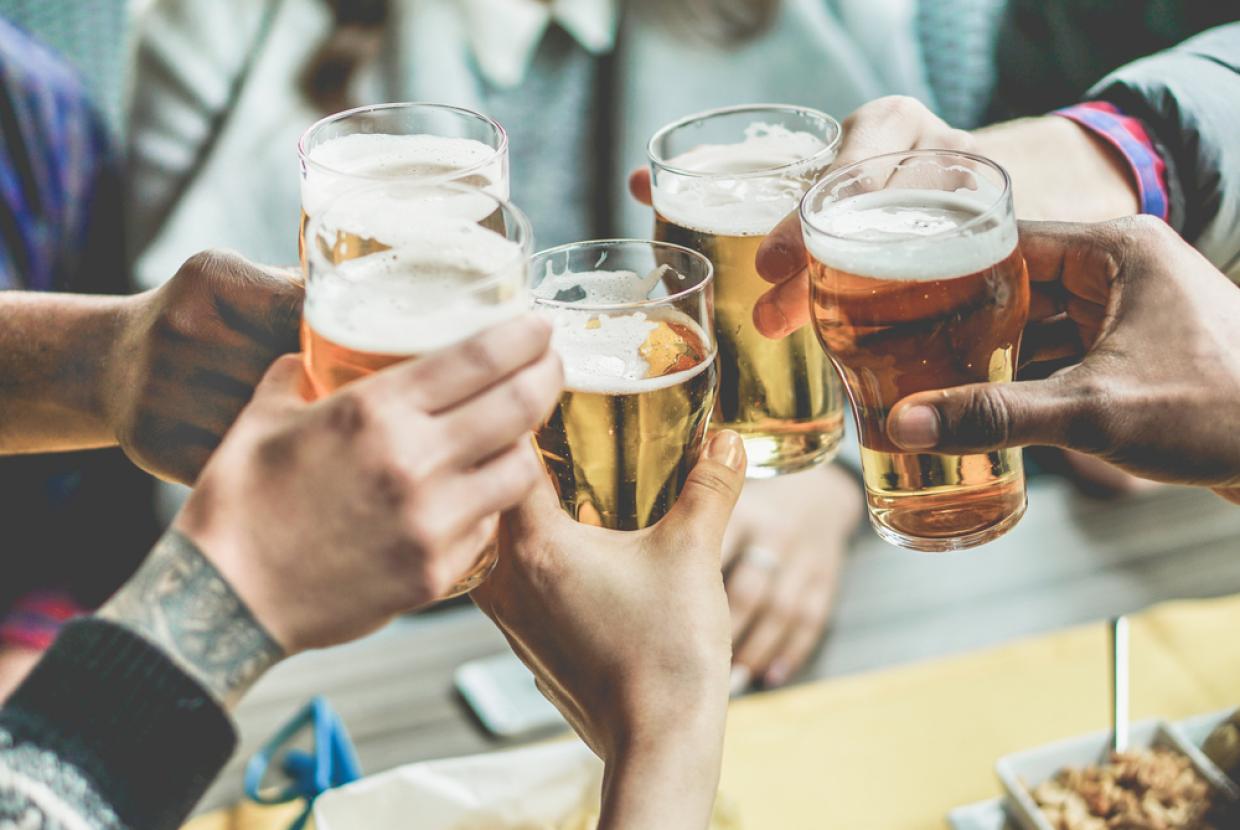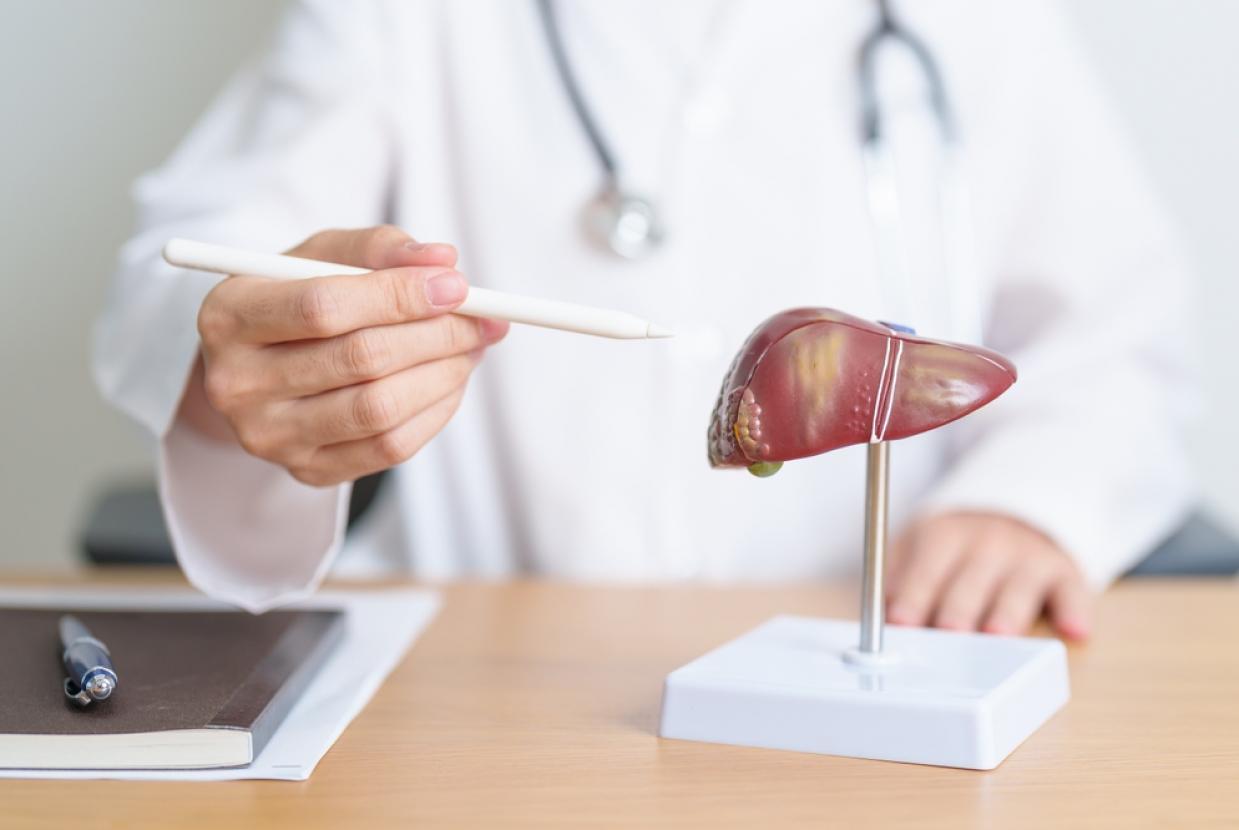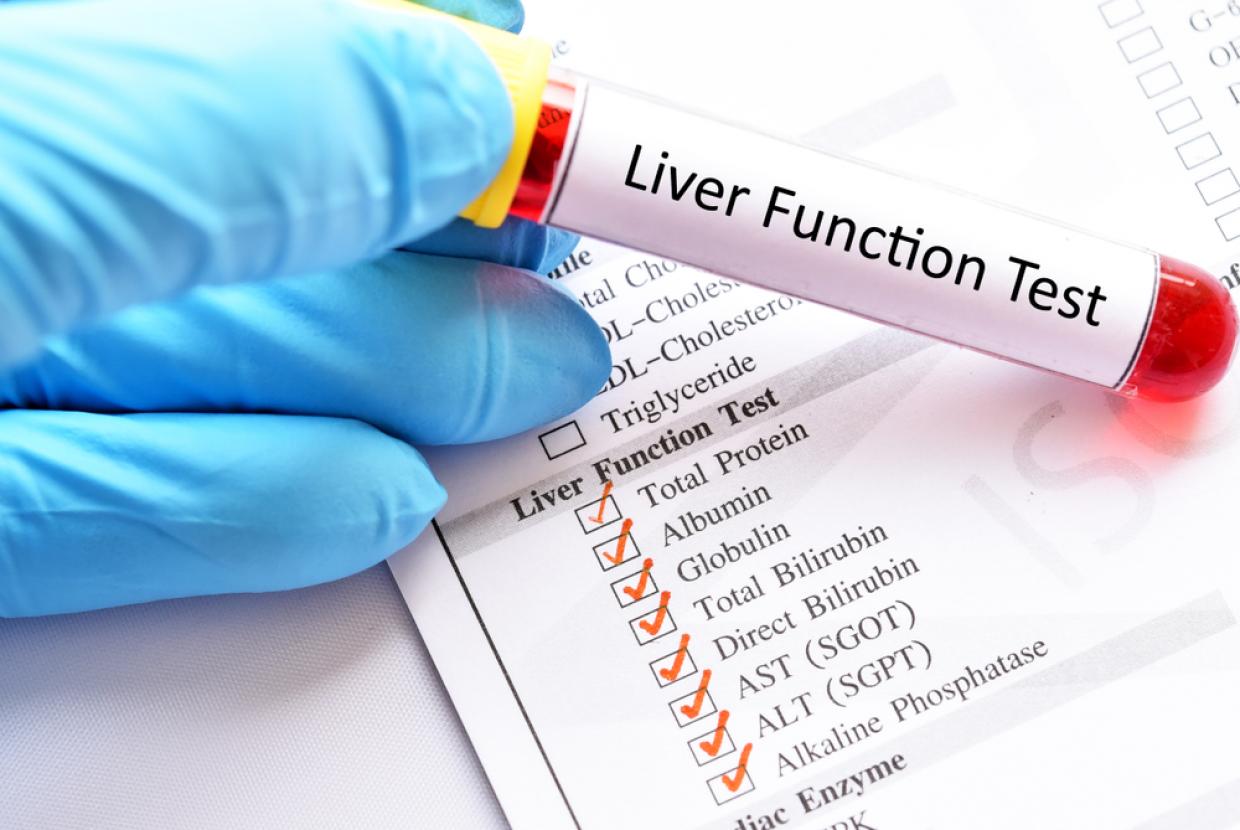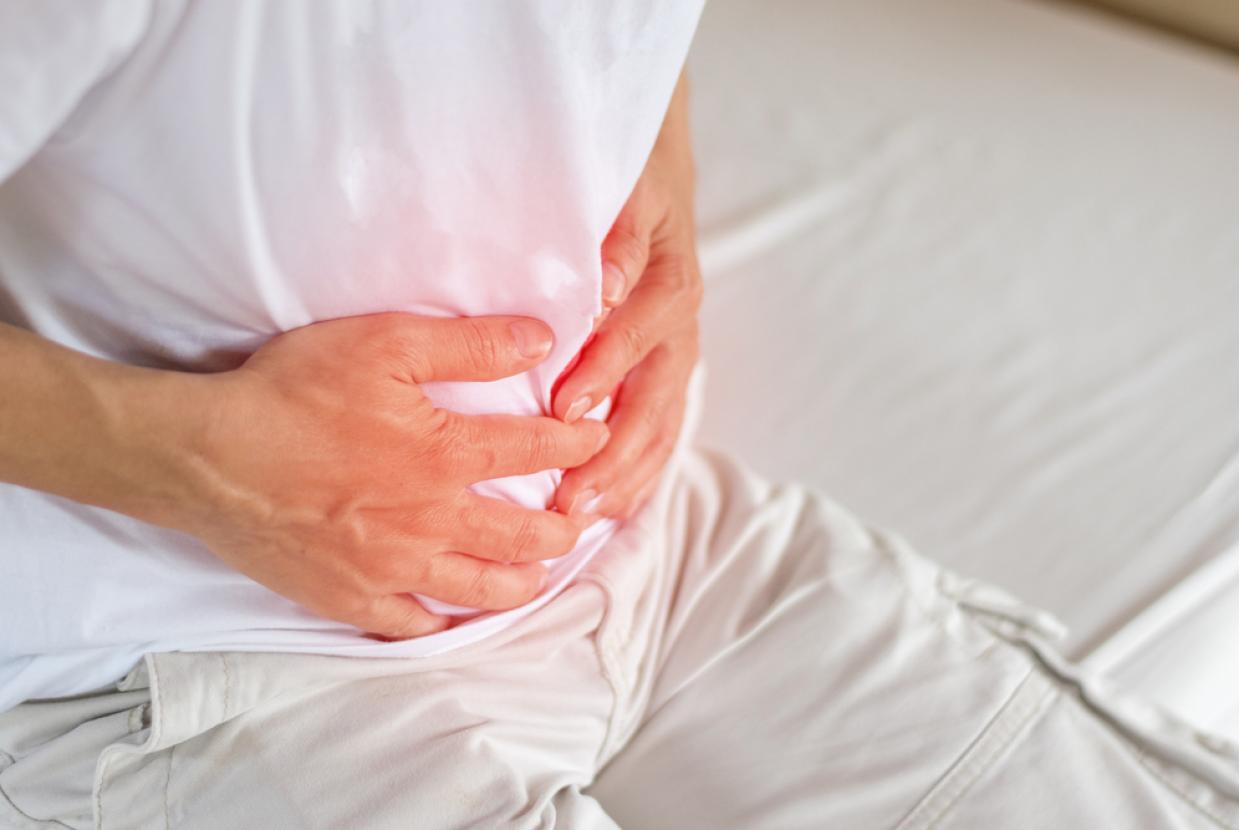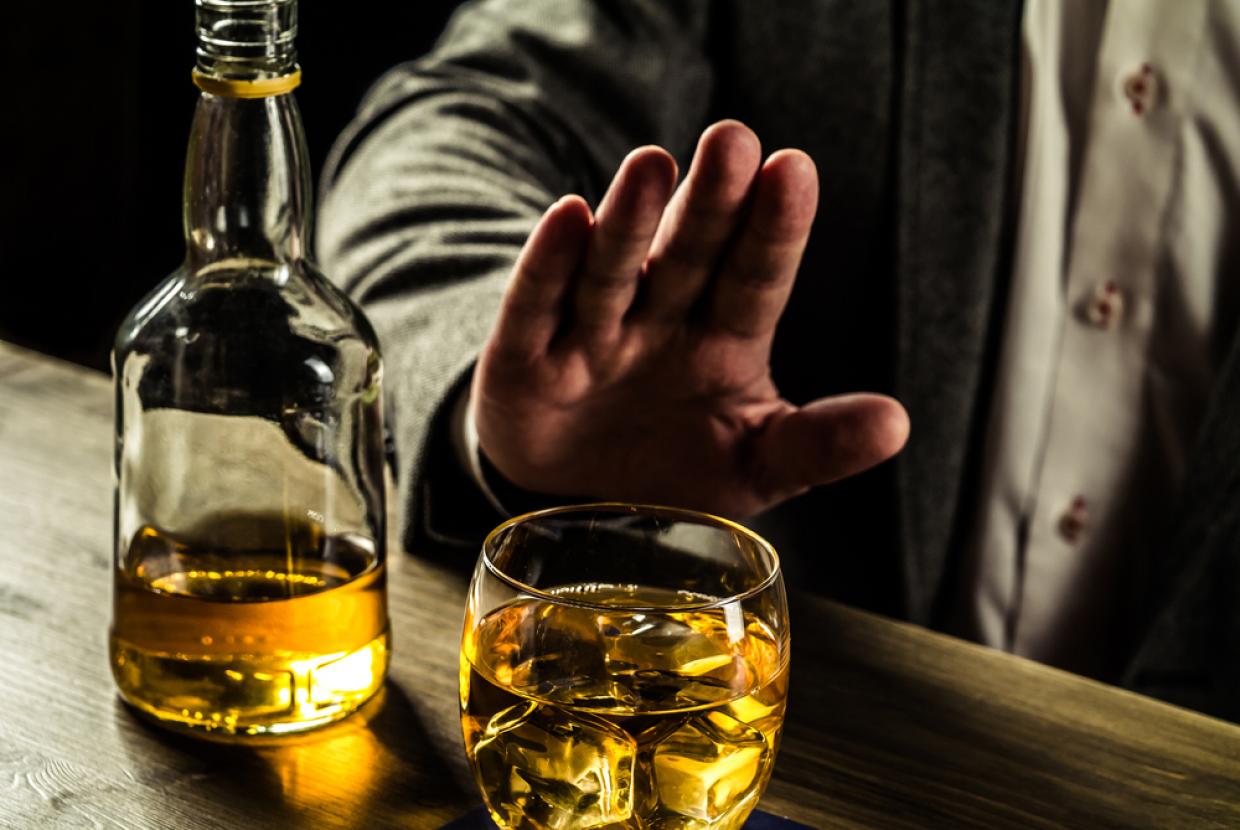Alcohol & Parenting
We all like to do our best for our children but sometimes we are not too sure what that is. We may feel ill-informed, or like we’re drowning in too much information.
Here we look at some of the most common questions parents ask about alcohol and young people, and try to help you work out some answers that work for you.
How young is too young for alcohol?
In the UK, no one under the age of 18 can buy alcohol, and adults can’t buy it for them. Thanks to a historic law, any child aged 5 or older can have an alcoholic drink at home or in any private house – although we certainly wouldn’t recommend it!
The UK’s Chief Medical Officers say that an alcohol-free childhood is best. That means no alcohol until at least 15 years of age; only very small amounts between the ages of 15 and 18, and never more than once a week. The main reason for this is that young people’s bodies are continuing to grow and change, and so alcohol can cause serious and long-lasting damage.
Can parents show children how to drink sensibly?
One reason parents sometimes give for drinking in front of their children is that they’re showing them how to drink sensibly. It’s a common-sense approach – we teach children how to do all sorts of things by doing them ourselves. Unfortunately, it’s not that simple with alcohol.
For starters, different parents will have very different ideas about what sensible drinking looks like. When researchers have asked parents about how they demonstrate sensible drinking to their children, parents don’t tend to talk about teaching children how to drink moderately. They talk more about the importance of not behaving badly or becoming embarrassing – how be drunk without being annoying.
That’s one way of thinking about drinking. An alternative way is to think seriously about how much we’re drinking and why. That could raise a much trickier question for us as parents. If we want to show our children how to use alcohol safely and healthily, are we willing to change our own drinking habits – to drink less or drink less often – in order to set them a good example?
Should we be a bit more Continental about this – mixing wine with water for kids?
Britain sometimes seems to have a binge-drinking problem that our European neighbours don’t share. So, do we need to be more like parents in places like France and Italy, where (we are told) it’s more normal to introduce children to alcohol at an early age? Unfortunately, once again, it might not be that simple.
For one thing, the amounts of alcohol given to children in the wine-drinking countries of Europe are very small. It’s more a matter of adding a little bit of wine to some water, rather than the other way around. The aim is to introduce children to the colours and flavours of wines without the intoxicating effects.
Another all-important factor is that children in much of Europe learn about wine as part of an overall moderate drinking culture. Alcohol is enjoyed at mealtimes and being drunk is unacceptable. The situation is the UK is very different, and there is a real risk that by introducing children to alcohol we are simply assisting them to join in with British drinking culture rather than our Continental ideal.
And finally, it’s only fair to ask why we want to introduce our children to drinking. Research has shown that, when parents in the UK give alcohol to their children, it’s often the parents’ idea, not the children’s. Could it be that some of us are encouraging our children to try alcohol because we think that drinking is ‘normal’?
As more young people turn their backs on alcohol, it’s quite possible that more parents will be challenged by their children about why they’re drinking.
Is it best to stay off the alcopops?
The ready-to-drink cocktails known as ‘alcopops’ have been getting bad press since they first appeared in the 1990s. Many people worry that because they are so sweet, they offer an easy route into drinking – unlike traditional drinks like beer and wine.
We need to be cautious about singling some drinks out for blame. The alcohol in alcopops is the same chemical that’s in all other alcoholic drinks. And they don’t tend to be particularly strong – around the same strength as beer and much less alcoholic than wine.
That said, there are a few things it is worth parents thinking about before letting young people have alcopops:
- Young people sometimes say they prefer alcopops because they don’t like the taste of alcohol. If that’s the case, could they simply avoid alcoholic drinks?
- There’s no particular reason for anyone to start drinking alcohol if they don’t like it. So why seek out drinks that make it easier to start?
- If it isn’t the flavour of alcoholic drinks that young people like, what is it that they like about them? Are we as parents just helping them to experience intoxication?
Tips for you
The truth is that helping young people have a healthy relationship with alcohol doesn’t always have much to do with alcohol itself. Self-confidence and a sense of self-worth are what matters most. That comes in large part from young people having good relationships with the adults around them. So often the best things parents can do include:
- Spending time with your children and be willing to listen
- Knowing where your children go and what they do – there’s no need for constant surveillance, but take an interest and make it clear that you care about them
- Keeping channels of communication open and be willing to apologise when you are wrong
- Being firm. If you make rules and then relax them again and again, you could be setting yourself up for years of confrontation and negotiation
- But also be fair. If you have to discipline, do it calmly. And don’t forget to offer praise when things go well
- Remember that you are still important to your children even when they are teenagers. Parents often under-estimate how much influence they have on older children


